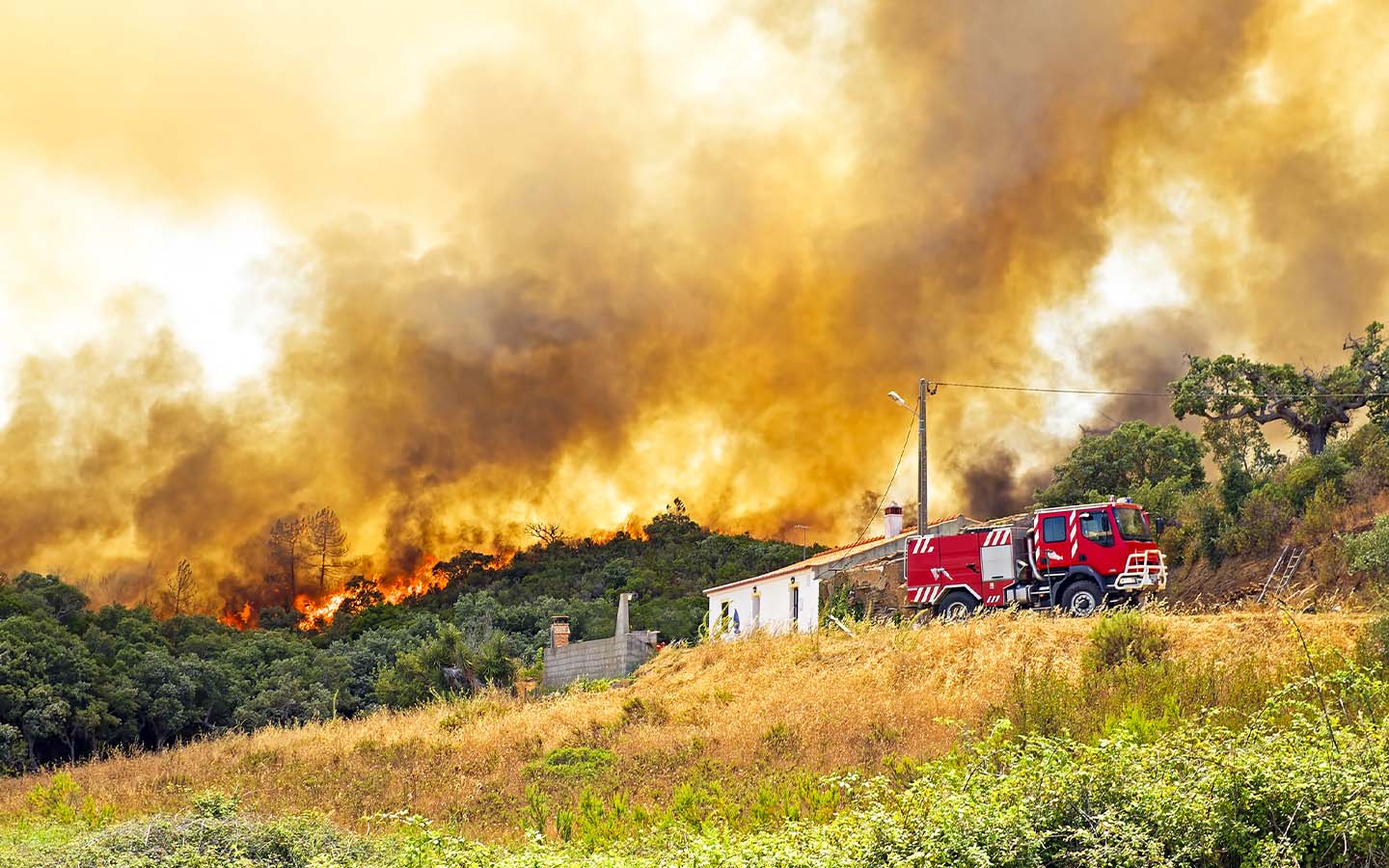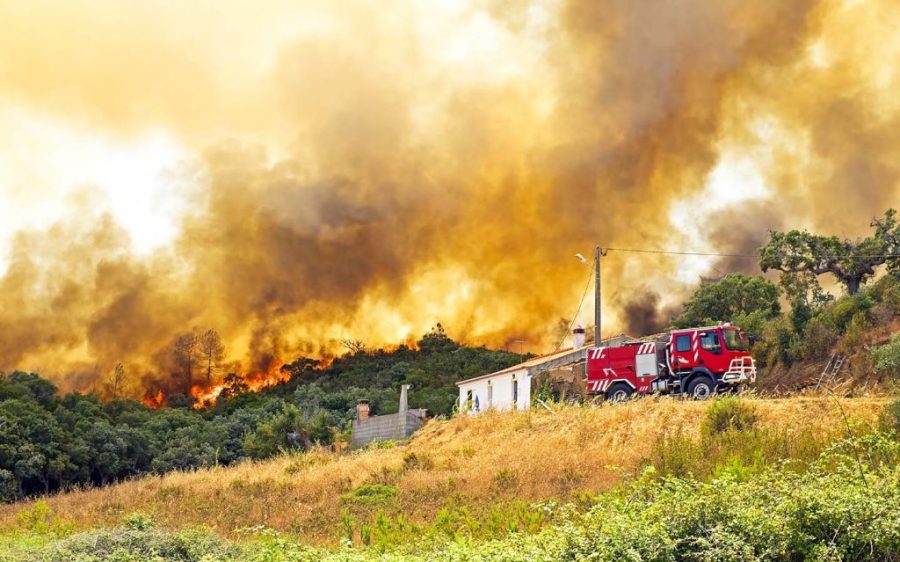Scorching temperatures, strong winds and extended drought have set the stage for the latest outbreak of wildfires across Europe, straining resources and forcing thousands to flee their homes, according to multiple media reports.
The European Forest Fires Information Systems (EFFIS) reported that, as of Tuesday, 1,339 fires larger than 30 hectares had been recorded since the beginning of the year, a nearly 49-percent increase from the same period in 2024.
Hardworking fire crews have kept the impact of those blazes down, with the burned area up a more modest 12.9 percent to 292,855 hectares. However, there is a huge surge in fire activity concentrated in the south of the continent, stretching from Portugal on the Atlantic coast all the way to Türkiye.
At least 14 people have died in Türkiye in recent weeks, including 10 rescue volunteers and forestry workers killed Wednesday in the western city of Eskisehir. Orhan Saribal, a parliamentarian for Bursa, where over 1,100 firefighters are deployed, described the scenes as “an apocalypse.”
Experts blame the worsening fire season on climate change, shifting rain patterns, pulling more moisture from the soil and pushing temperatures to new heights. Türkiye broke an all-time temperature record on Friday, the southeastern city of Sirnak recording a staggering 50.5°C, according to Turkish Minister of Agriculture and Forestry Íbrahim Yumakli.
[See more: Climate change is triggering unprecedented wildfires in the UK]
As of Saturday, fire crews were battling 76 separate blazes across Türkiye, with the country’s northwest considered to be under the greatest threat as fires that began Tuesday continue to burn.
Meanwhile, over 50 wildfires broke out in Greece last week, threatening farmland and forcing thousands to evacuate. Support arrived from the Czech Republic and Italy through the European Union Civil Protection Mechanism. Italy is facing wildfires as well, particularly in Sicily, where temperatures soared over 40°C.
Bulgaria, reporting over 260 active fires, also received assistance, with planes arriving from France, Slovakia and Hungary, with more expected from Sweden and the Czech Republic. Major fires are also burning across northern and central Portugal. The largest, in the wooded and mountainous Arouca area, has been burning since Monday. Firefighters brought two other large fires under control, one estimated to have destroyed 3,000 hectares.
In Spain, firefighters and military faced shifting winds in central Avila Province, while residents in Cacares were forced to evacuate. Rainfall over in southern Bosnia and Herzegovina stabilised conditions there after crews spent three weeks fighting wildfires near Trebinje.
Much of Europe is expected to see improved fire weather conditions, according to the latest forecast from EFFIS, including Italy, the Balkans, Greece, Bulgaria, Romania and Turkey. However, southern France, western Spain and Portugal are expected to see worsening conditions over the next week.






